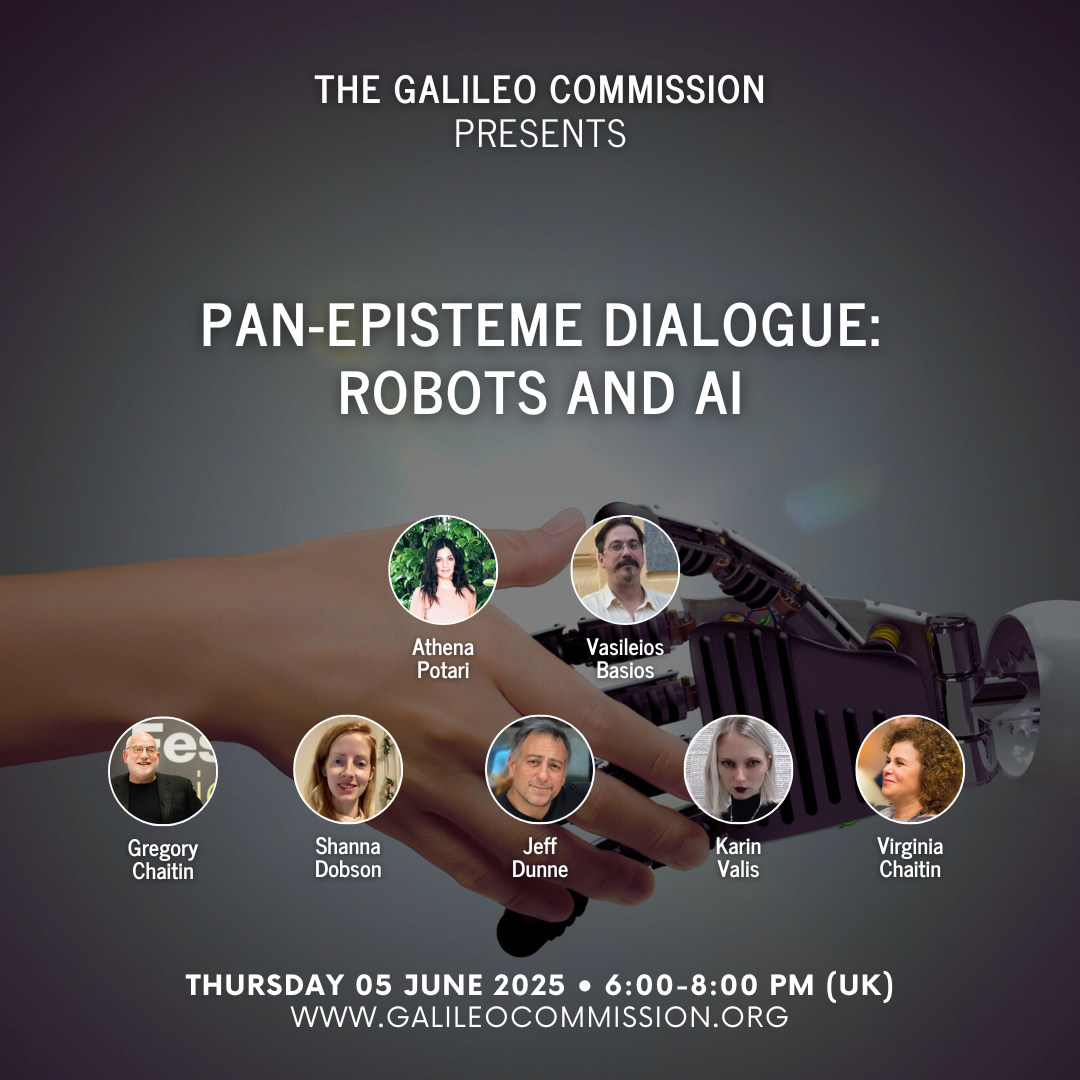
Galileo Commission – Pan-Episteme Dialogue: Robots and AI
In this episode, Dr Athena Potari (a practical philosopher) and Dr Vasileios Basios (a theoretical physicist) ponder a contemporary question: Are we really robots? What are the fundamental limits of AI?
Our understanding of the deluge of AI, transhumanism, and the reduction of humanity to computing machines will determine our very near future.
Since the 1960s, the idea that computers can replicate human intelligence has been challenged. Research shows that the mind is not merely a computer; it achieves understanding through holistic, complex, nonlinear insight. The mechanical, linear processes of computers are fundamentally different, making genuine human-like intelligence unattainable for machines.
This project brings together scholars, scientists, and wisdom keepers for a reflective dialogue, combining empirical precision with philosophical insight to deepen our understanding of consciousness and its place in the universe.
You can find a teaser of the episode on YouTube, and we invite you to watch it before the meeting.
Vasileios and Athena will be joined on a dialogue panel by Professor Gregory Chaitin, celebrated for his work on the Omega number and the founder of the field of Algorithmic Complexity; Professor Virginia Chaitin, the instigator of the field of Meta-Biology; as well as Prof. Shanna Dobson (mathematics), Karin Valis (AI engineer) and Dr Jeff Dunne (physicist & data engineer).
– a session not to be missed!
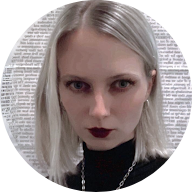 Karin Valis is a Berlin-based machine learning engineer, writer, and musician renowned for her unique exploration of the intersections between artificial intelligence and the occult. Her work often explores conceptual resonances between cutting-edge AI technologies and mystical, magical, or shamanic traditions, seeking to bridge the gap between technological innovation and ancient wisdom. She critically examines parallels between ancient mystical concepts and modern AI, while her speaking engagements and creative outputs highlight the evolving relationship between technology, art, and creative expression.
Karin Valis is a Berlin-based machine learning engineer, writer, and musician renowned for her unique exploration of the intersections between artificial intelligence and the occult. Her work often explores conceptual resonances between cutting-edge AI technologies and mystical, magical, or shamanic traditions, seeking to bridge the gap between technological innovation and ancient wisdom. She critically examines parallels between ancient mystical concepts and modern AI, while her speaking engagements and creative outputs highlight the evolving relationship between technology, art, and creative expression.
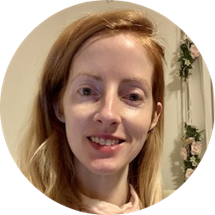 Prof. Shanna Dobson is a mathematician specializing in arithmetic geometry and topos theory. She holds a PhD from UC Riverside and currently teaches at California State University, Los Angeles, and ArtCenter College of Design. Her research focuses on geometric Langlands, K-theory, and perfectoid spaces. She serves as editor of Women in MathArt and has held leadership roles in the Mathematical Association of America. Dobson advocates for inclusive pedagogy through multimodal learning and Universal Design for Learning. She uniquely integrates mathematics with the arts, creating the MathArt Conversations Educational Project and authoring both mathematical research and creative fiction works.
Prof. Shanna Dobson is a mathematician specializing in arithmetic geometry and topos theory. She holds a PhD from UC Riverside and currently teaches at California State University, Los Angeles, and ArtCenter College of Design. Her research focuses on geometric Langlands, K-theory, and perfectoid spaces. She serves as editor of Women in MathArt and has held leadership roles in the Mathematical Association of America. Dobson advocates for inclusive pedagogy through multimodal learning and Universal Design for Learning. She uniquely integrates mathematics with the arts, creating the MathArt Conversations Educational Project and authoring both mathematical research and creative fiction works.
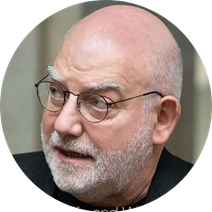 Gregory John Chaitin is an Argentine-American mathematician and computer scientist renowned as a principal founder of algorithmic information theory (AIT). As a teenager, he independently developed key concepts relating computation to information and randomness continuing the work of Kurt Goedel and Alan Turing. Chaitin is famous for defining Chaitin’s constant (Ω), an uncomputable, but definable, number representing the probability a random program halts, and for extending Gödel’s incompleteness theorems using information-theoretic methods. He also created Chaitin’s algorithm for register allocation in compilers. Throughout his career at IBM Research and various universities, he has authored numerous books and contributed significantly to mathematics, computer science, philosophy, and theoretical biology, particularly regarding algorithmic approaches to evolution.
Gregory John Chaitin is an Argentine-American mathematician and computer scientist renowned as a principal founder of algorithmic information theory (AIT). As a teenager, he independently developed key concepts relating computation to information and randomness continuing the work of Kurt Goedel and Alan Turing. Chaitin is famous for defining Chaitin’s constant (Ω), an uncomputable, but definable, number representing the probability a random program halts, and for extending Gödel’s incompleteness theorems using information-theoretic methods. He also created Chaitin’s algorithm for register allocation in compilers. Throughout his career at IBM Research and various universities, he has authored numerous books and contributed significantly to mathematics, computer science, philosophy, and theoretical biology, particularly regarding algorithmic approaches to evolution.
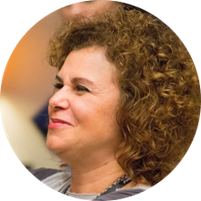 Virginia Chaitin, from Rio de Janeiro. is an independent researcher and epistemologist specializing in interdisciplinary research methodologies and philosophy of science. She holds doctoral, master’s, and bachelor’s degrees from prestigious institutions including UFRJ, PUC/RJ, LSE, and UnB, spanning epistemology, philosophy, logic, and statistics. She was a resident at the Institute for Advanced Studies at MPU VI University in Morocco together with her husband Gregory Chaitin., She focuses on epistemic evaluation of metabiology and epistemological criteria for transdisciplinary research. Her work explores pluralistic epistemologies and concept migration between disciplines. She serves on the International Steering Committee for Paul K. Feyerabend’s centennial.
Virginia Chaitin, from Rio de Janeiro. is an independent researcher and epistemologist specializing in interdisciplinary research methodologies and philosophy of science. She holds doctoral, master’s, and bachelor’s degrees from prestigious institutions including UFRJ, PUC/RJ, LSE, and UnB, spanning epistemology, philosophy, logic, and statistics. She was a resident at the Institute for Advanced Studies at MPU VI University in Morocco together with her husband Gregory Chaitin., She focuses on epistemic evaluation of metabiology and epistemological criteria for transdisciplinary research. Her work explores pluralistic epistemologies and concept migration between disciplines. She serves on the International Steering Committee for Paul K. Feyerabend’s centennial.
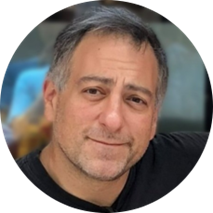 Jeffrey Dunne is a Chief Systems Engineer at the Johns Hopkins University Applied Physics Laboratory, where he undertakes research in data sciences and artificial intelligence. He has degrees in both engineering and physics, and a diverse history of intellectual pursuits in energetics, consciousness and cognition, philosophy, linguistics, acoustics, information management, data fusion, virtual and augmented reality, and communications. He is a subject matter expert on open architecture and data strategy, teaches classes in signal processing and the development of data analytics. Personal interests include acting and the writing of plays, books, and music. His first published book, Nexus, introduces the concepts from syntropy and other aspects of consciousness studies in the guise of a fictional novel.
Jeffrey Dunne is a Chief Systems Engineer at the Johns Hopkins University Applied Physics Laboratory, where he undertakes research in data sciences and artificial intelligence. He has degrees in both engineering and physics, and a diverse history of intellectual pursuits in energetics, consciousness and cognition, philosophy, linguistics, acoustics, information management, data fusion, virtual and augmented reality, and communications. He is a subject matter expert on open architecture and data strategy, teaches classes in signal processing and the development of data analytics. Personal interests include acting and the writing of plays, books, and music. His first published book, Nexus, introduces the concepts from syntropy and other aspects of consciousness studies in the guise of a fictional novel.
To find out more:
VISIT THE GALILEO WEBSITE
Speakers
-
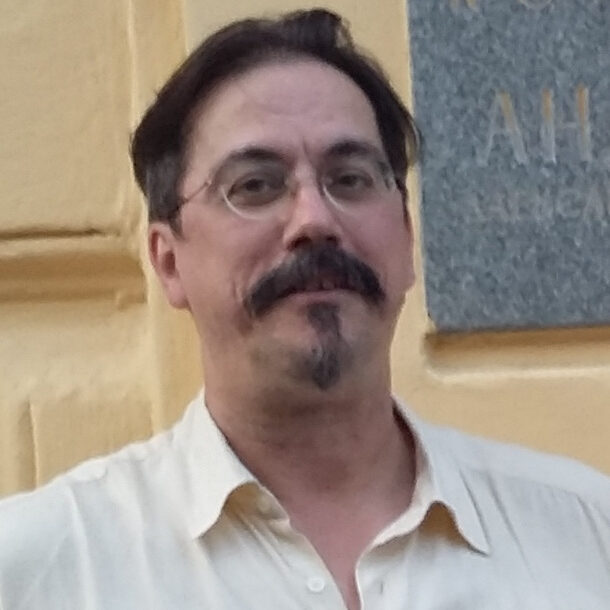 Vasileios BasiosPhysicist, Senior researcher
Vasileios BasiosPhysicist, Senior researcherDr Vasileios Basios is a senior researcher in the Physics of Complex Systems at the University of Brussels, with over 25 years of experience in research and coaching. His interdisciplinary work focuses on self-organisation, emergence in complex matter, complementarity and the foundations of complex systems. Mentored by Nobel laureates Ilya Prigogine and Grégoire Nicolis, Dr Basios received his Ph.D. from the University of Brussels after studying cybernetics with John S. Nicolis. His research interests include foundations of complexity science, emergence in complex matter, nonlinear dynamics and chaos in biological information processing, computability and the logic of extended Bayesian inference.
He is deeply interested in the history of scientific ideas and their role in transforming science beyond the mechanistic worldview. His work aims to bring insights from complex systems science to consciousness studies, working towards an inclusive and self-reflexive interdisciplinary science of consciousness. In 2023, his research team received the inaugural Linda G. O’Bryant Noetic Sciences Research Prize for their study on detecting deviations from random activity as indicators of nonlocal consciousness correlates beyond the brain. By contributing to complexity and consciousness research in a variety of formats, from podcasts to books to peer-reviewed papers, he aspires to advance knowledge in this evolving field.
-
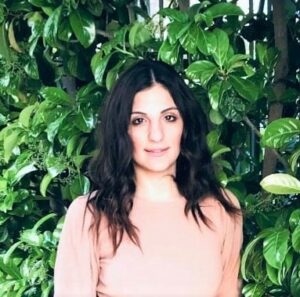 Athena D. PotariPhilosopher
Athena D. PotariPhilosopherDr Athena Potari is Fellow at the Center for Hellenic Studies at Harvard University, where she explores possibilities for an expanded practice of Philosophy by re-integrating elements and histories of the feminine. She received her PhD from the University of Oxford specializing in Political Philosophy, and her MA in Political Theory with Distinction from the London School of Economics and Political Science (LSE). She is recipient of the Academy of Athens Award of Philosophy (2020), author of “A Call for a Renaissance of the Spirit in the Humanities” published by the Galileo Commission, and Member of the Galileo Commission Steering Committee. In 2019, she founded Athenoa, a School of Hellenic Philosophy based in Greece where Hellenism is approached as a living wisdom tradition whose core consists in the inextricable synthesis of scientific reason and spirituality. Her work aims to revive the deeper spiritual and experiential dimensions of Hellenic Philosophy as a living spiritual lineage, combining discursive rigor and embodied meditative practices, with the aim of awakening to the ever-present mystery of being – our true Self.
